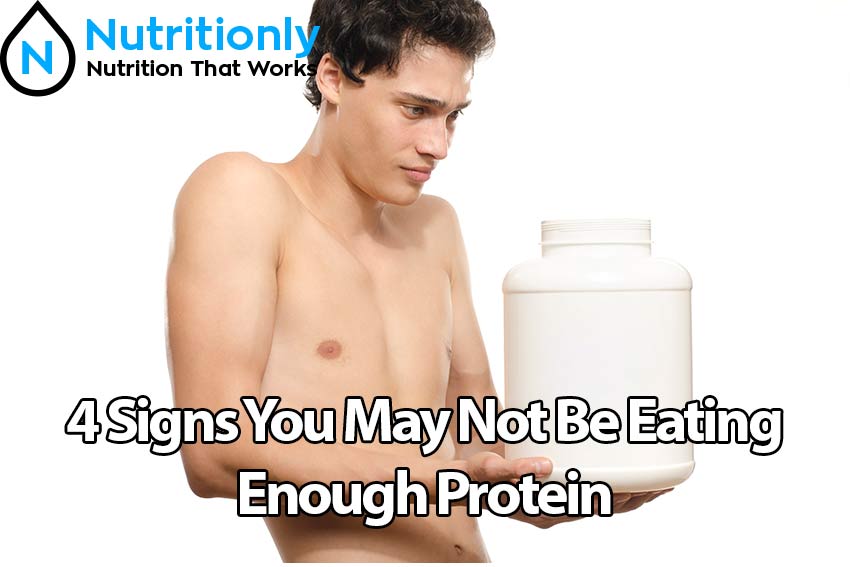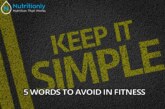 This article will address issues of inadequate protein intake. While this isn’t the entire list, these are the most common signs that you may not be eating enough protein. For those of you looking for what it takes to make a good protein powder, check out this article: “Finding the Perfect Protein Powder.”
This article will address issues of inadequate protein intake. While this isn’t the entire list, these are the most common signs that you may not be eating enough protein. For those of you looking for what it takes to make a good protein powder, check out this article: “Finding the Perfect Protein Powder.”
-
Poor Recovery
If you’re constantly sore and struggle to get quality workouts in, that’s a good sign that you’re not eating enough protein. Protein is critical to rebuilding your muscle after you break them down in the gym. In a nutshell, this is the process of adding muscle. If you’re trying to add quality muscle mass, you’re not doing yourself any favors by skipping out on the protein.
In fact, this is a great way to, for lack of a better word, “over-train.” Continuing to tear down your muscles and not letting them repair is a successful formula for no gains. It’s not recommended. Bump up your protein intake and ensure you’re getting adequate recovery time between workouts.
-
Hungry All the Time
Diets that are higher in protein will help you stay full longer. While this may be counter-intuitive if you’re trying to gain weight, being full is a good thing. If you are constantly raiding the pantry for snacks, you can bet that you’ll be more likely to add some body fat. Nobody wants that.
Make sure that you’re getting most of your protein from whole foods. If you’re relying too much on your protein powders for protein, being hungry could still be a problem. Powders often pass through the stomach faster, due to its increased surface area, and don’t allow you to feel full like a typical meal would.
-
Not Gaining Muscle
Gaining muscle takes time and individual results will vary. If you’re a beginner, take advantage of the “rookie gains.” Inexperienced trainees can gain muscle and strength faster than advanced trainees. Take advantage of this and enjoy it while it lasts. Insufficient protein will negate this phenomenon. So, be sure to have adequate intake!
-
Not Getting Stronger
Along with gaining muscle, you should expect your strength level to increase as well. If you’re gaining body weight but not getting stronger, you more than likely have put on some body fat and not muscle. Strength is also a good determinant of adding muscle. If your body weight isn’t increasing but you’re getting stronger, more than likely you’re gaining muscle and losing fat. This is an ideal situation.
If you are experiencing any of these symptoms or just want to make sure that you are getting adequate protein in your diet. I encourage you to check out “How to Calculate Your Macros & Calories”. That article will help you arrive at your specific protein number as well as calculate total calories.





